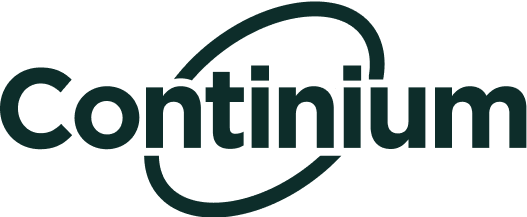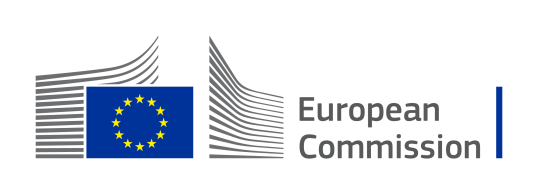EU Commission Approves €8.1B IPCEI ME/CT to Boost Microelectronics and 6G Innovation Across Europe
EU Commission article
The Commission has approved, under EU State aid rules, an Important Project of Common European Interest (‘IPCEI’) to support research, innovation and the first industrial deployment of microelectronics and communication technologies across the value chain.
The project, called “IPCEI ME/CT”, was jointly prepared and notified by fourteen Member States: Austria, Czechia, Finland, France, Germany, Greece, Ireland, Italy, Malta, the Netherlands, Poland, Romania, Slovakia and Spain.
The Member States will provide up to €8.1 billion in public funding, which is expected to unlock additional €13.7 billion in private investments. As part of this IPCEI, 56 companies, including small and medium-sized enterprises (‘SMEs’) and start-ups, will undertake 68 projects.
The IPCEI ME/CT concerns research and development projects covering microelectronics and communication technologies across the whole value chain from materials and tools to the chip designs and manufacturing processes.
These projects aim at enabling the digital and green transformation by: (i) creating innovative microelectronics and communication solutions, and (ii) developing energy-efficient and resource-saving electronics systems and manufacturing methods. They will contribute to the technological advancement of many sectors, including communications (5G and 6G), autonomous driving, artificial intelligence and quantum computing.
The Commission assessed the proposed IPCEI under EU State aid rules, more specifically its 2021 Communication on Important Projects of Common European Interest (‘IPCEI Communication’). Where private initiatives supporting breakthrough innovation fail to materialise because of the significant risks such projects entail, the IPCEI rules enable Member States to jointly fill the gap to overcome these important market failures. At the same time, the IPCEI rules ensure that the EU economy at large benefits from the supported investments and limit potential distortions to competition.

